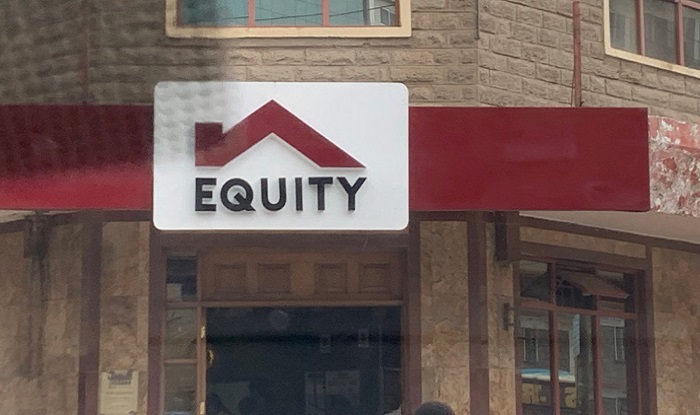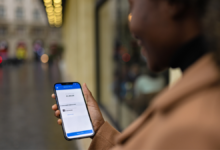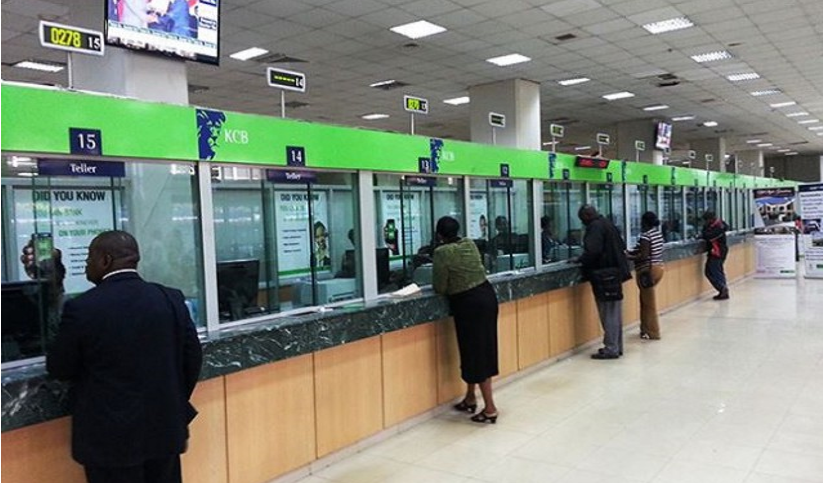
Chances are you have at least received a call once or twice from people claiming to be representatives from your bank or from your telco.
The caller would then trick you into giving out your personal information such as your bank account numbers, ID number, passwords/PIN and even credit card numbers. This has led to unsuspecting customers losing millions of shillings, some of which can never be recovered.
Most customers, upon suspecting they have been scammed, either report to the bank or the nearest police station, hoping to recover the money. Last year, the Directorate of Criminal Investigations released photos of 130 suspects wanted for such scams. Some of them have recently been arrested.
According to the Global Banking Fraud Survey released by KPMG International last year, 61 percent of banks surveyed have reported an increase in external fraud – in value and volume – over the past three years. The survey also found that over half the respondents recovered less than 25 percent of the fraud losses, thereby demonstrating that fraud prevention is key.
These financial scams, social engineering and cyber/online fraud in the banking sector according to the report are increasing as criminals are finding new ways to steal from banks and their customers.
The report goes on to say, increasing fraud typologies in the banking sector globally from 2015 to 2018 include identity theft and account takeover, cyber-attack, ‘card not present’ fraud and scams.
The good thing is, with the increased rate of scams, banks are also stepping up their customer protection strategies and are employing measures to protect their customers from scammers. The banks are investing in new technologies towards fraud prevention including real-time transaction monitoring, transaction monitoring using rules and machine learning, physical (voice, fingerprint, facial recognition) and behavioural biometrics among others.
Equity for example, recently unveiled a universal number, 0763 000 000, for all outgoing calls through what it is calling the ONE NUMBER initiative. The number will help enhance the bank’s service delivery to its customers and stakeholders as they evolve with changing times.
What this means is that, whether it’s your branch or relations manager, credit, loan or account opening confirmation, all calls from Equity will come from one number, 0763 000 000. As a customer, you should disregard any calls from anyone purporting to be an Equity staff and using a different number other than the 0763 000 000 number, which works 24/7. You can report scammers by sending their number to 333.
Other than delivering enhanced customer experience, this new number will also help reduce fraud through call impersonation. Equity customers will now be able to easily identify calls from the bank.
Also, you can also contact Equity through its Contact Centre Numbers by calling the same number back or dialling 0763 063 000 from any mobile network or 100 when using Equitel.
Phone scams are prevalent in Kenya because victims often find it difficult to distinguish between official bank/company representatives, for example, and scam artists. But like all scams, regardless of what the callers tell you, the fraudsters rely on common, time-honoured tactics to get a payment or a victim’s personal information.
For Equity customers, if a caller asks for your personal information or demands payment transfer from you, hang up and immediately report the caller’s number to 333 as explained above. The 0763 000 000 number will become the single line of contact from Equity to its customers.
Other measures the bank has put in place to safeguard their customer accounts include upgrading the EazzyBanking App with new features. The bank has introduced a one-time PIN (OTP) ensuring customers will receive a verification code sent to their registered mobile number for every transaction they initiate. This gives them more security when using the app. Additionally, the app now allows customers to log in using their fingerprint for devices that support biometric authentication. This is in addition to the option of using a PIN for login.
Equity has introduced a new feature on Equitel to ensure before customers finalizes their transaction, they have an opportunity to reconfirm the transaction. At the final leg of a transaction, Equitel prompts you to confirm a transaction by typing 1 TO SEND and typing 2 TO CANCEL.
‘’This is in our endeavor to get customers to “Hakikisha” and confirm that they want to send money to that person’s number or account number. ‘’ the bank says.
To log onto the EazzyNet channel of banking, which is basically internet banking for retail customers, one gets a One Time Pin (OTP) that they use to be able to transact successfully. The OTP is sent to the customer’s mobile number registered at the bank.
As a customer, you should not receive instructions on phone through a phone call or SMS from people purporting to be Equity Bank staff to commit any banking transaction on your phone. If you receive such a call or SMS, report by forwarding that number to 333 immediately. You can also visit the nearest Equity branch or Equity Agent for assistance.
If you receive an SMS that is not from “EQUITY” or “EQUITEL” and you suspect to be fraudulent, report by forwarding that SMS and number to 333. Always remember, your PIN is your secret. No Equity staff will ever call to ask for your PIN.
Around the world, regulators increasingly expect financial institutions to achieve greater consistency and integration of the first and second lines of defence in their approach to prevent, detect and respond to fraud risks. Kenyan banks, therefore, need to step up and adopt new technologies to protect their customers.
As Equity Group Managing Director and CEO Dr James Mwangi said during the launch of Equity’s ONE number, the Bank will never call to ask for confidential customer information on the call. Customers should therefore be very alert of any caller that asks for confidential information such as ID Numbers, Date of Birth, passwords, OTP and/or PIN Numbers.
Follow us on Telegram, Twitter, Facebook, or subscribe to our weekly newsletter to ensure you don’t miss out on any future updates.



